#Ranunculaceae
Explore tagged Tumblr posts
Text

Helleborus x 'Royal Heritage' / 'Royal Heritage' Lenten Rose at the JC Raulston Arboretum at North Carolina State University in Raleigh, NC
#Helleborus x 'Royal Heritage'#Helleborus x hybridus 'Royal Heritage'#Helleborus x hybridus#Helleborus 'Royal Heritage'#Helleborus#ranunculaceae#Royal Heritage Lenten Rose#Lenten Rose#Hellebore#Plants#Flowers#Nature photography#photography#photographers on tumblr#Jc raulston arboretum#north carolina state university#Ncsu#nc state#Raleigh#Raleigh NC#north carolina#🌺🌻
140 notes
·
View notes
Text

Anemone dei fiorai (Anemone coronaria L., Ranunculaceae)
69 notes
·
View notes
Text






Ranunculus!!! that is all :)
54 notes
·
View notes
Text
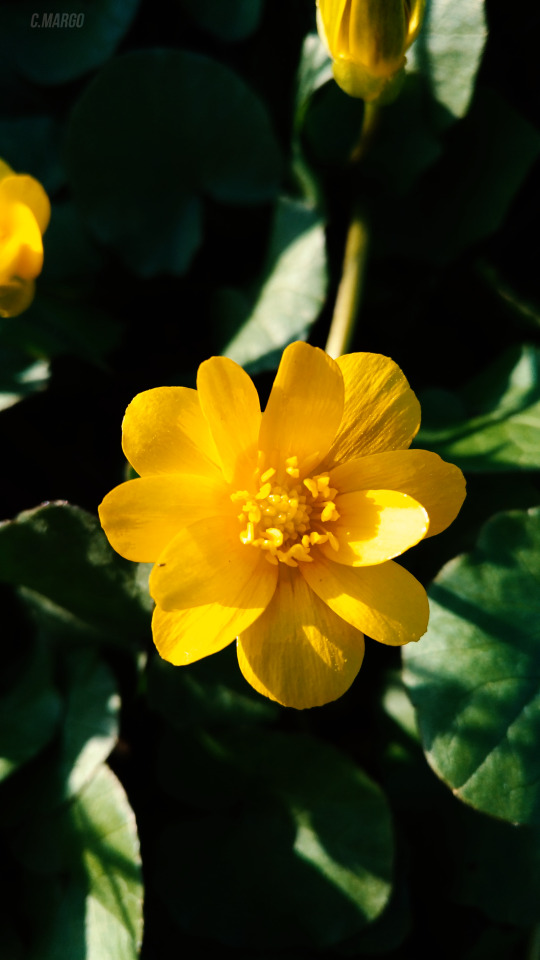
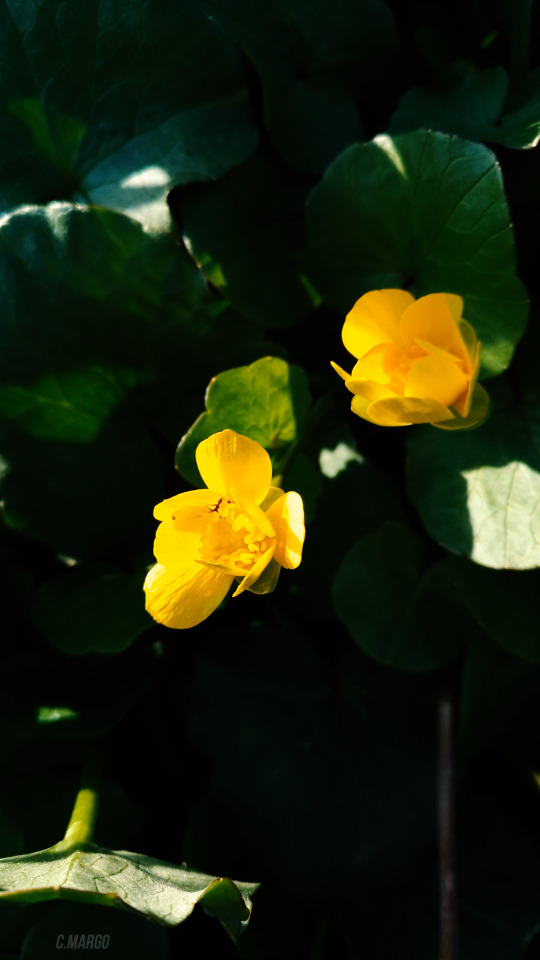
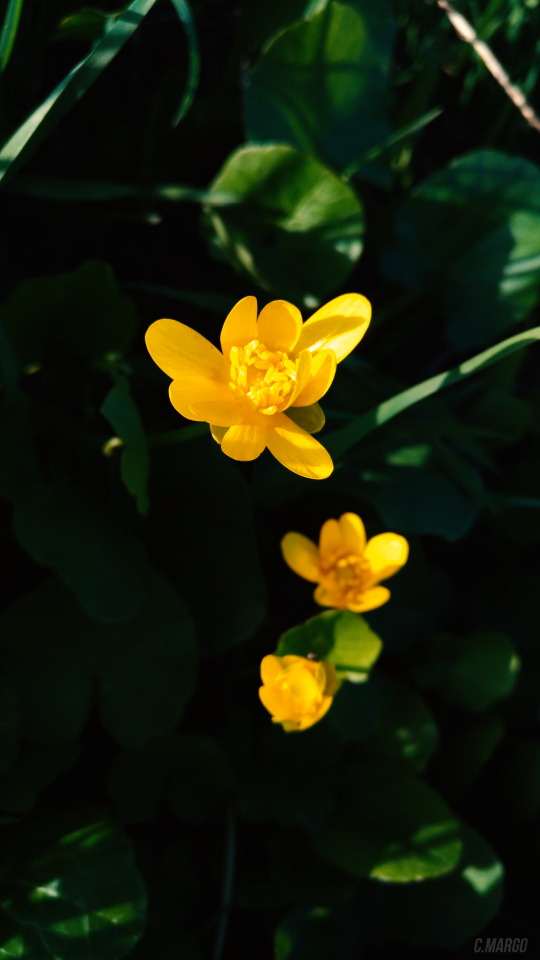
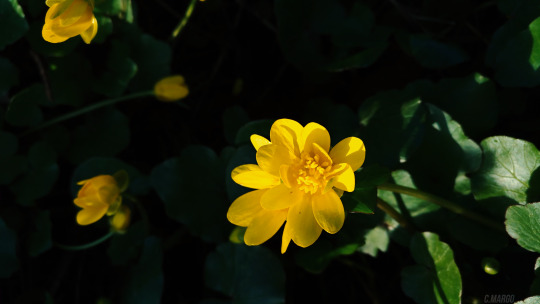
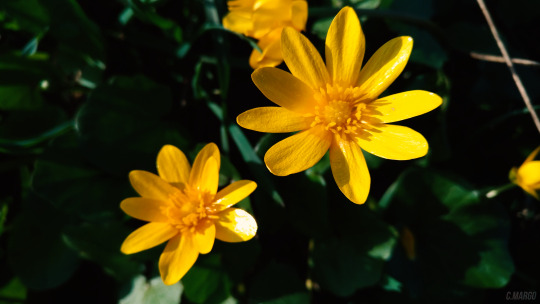
Чистяк весенний, или лютик весенний (лат. Ficaria verna). Апрель 24. Ficaria verna Huds. (Ranunculaceae). April 24.
#россия#русский tumblr#весна#природа#цветы#лютик весенний#загородом#макро#мои фото#russia#nature photography#spring#nature#spring flowers#Ranunculaceae#Ficaria verna Huds#flower aesthetic#macro photography#my photos#original photography#photographers on tumblr
261 notes
·
View notes
Text
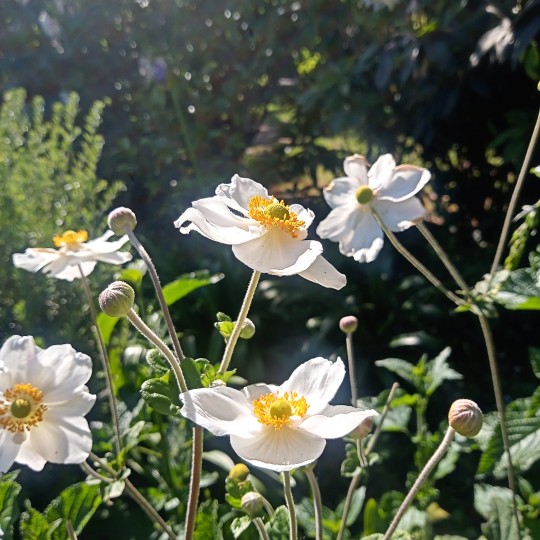
Anemone - Eriocapitella x hybrida
182 notes
·
View notes
Text
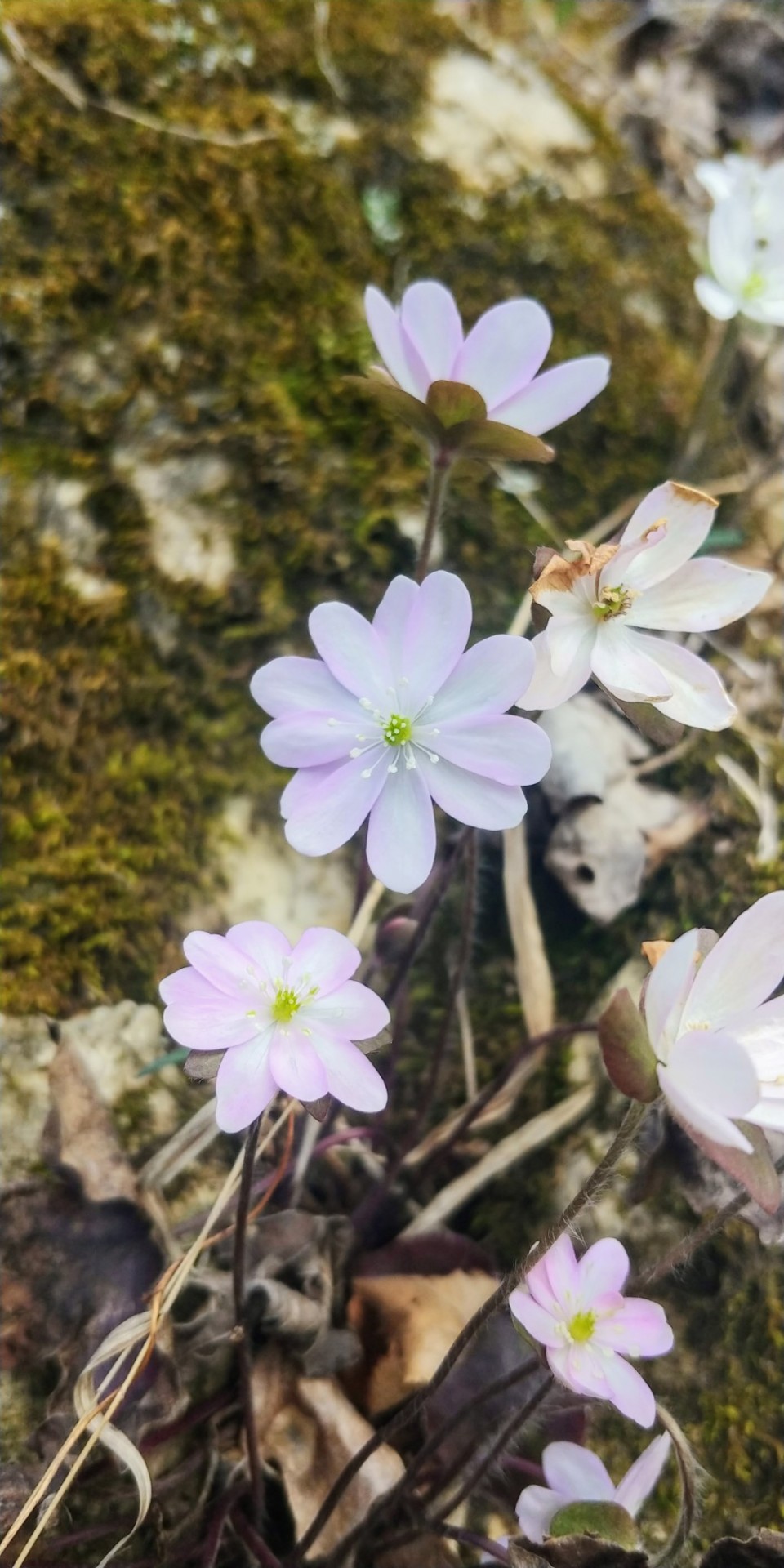
Sharp-lobed Hepatica
Hepatica acutiloba
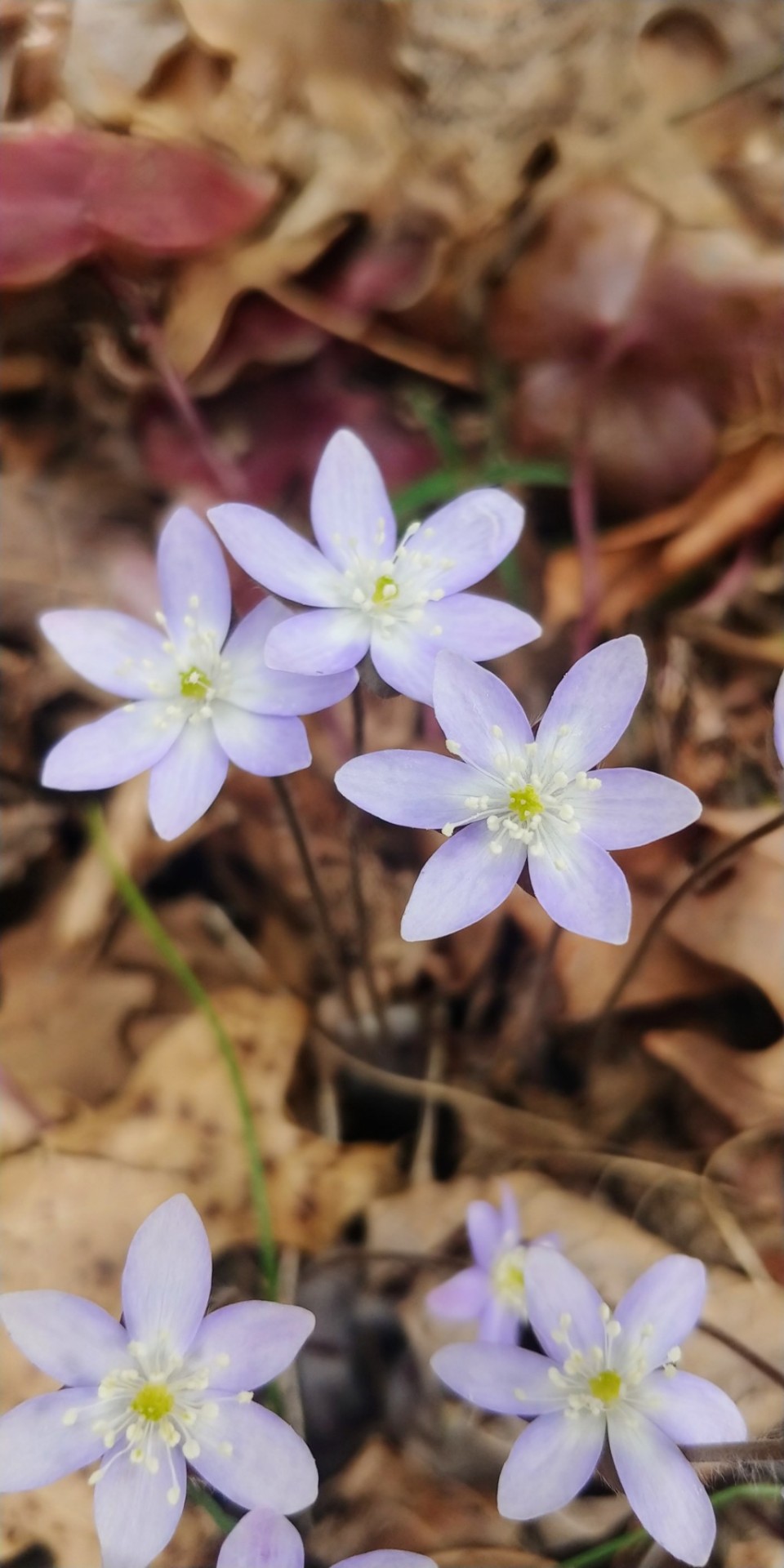
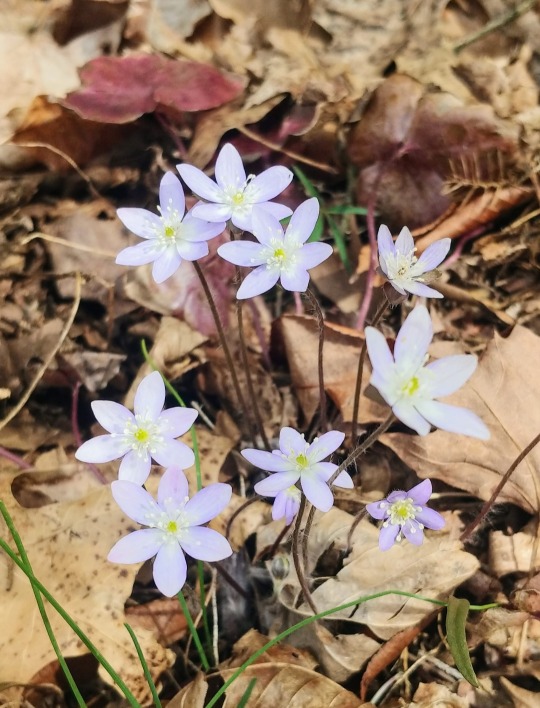
These gorgeous spring ephemerals are usually found in woods with rich, somewhat alkaline, well drained-soils across eastern North America. Their flowers can vary in color and petal count. The hepatica plants pictured were growing on wooded hillsides featuring dolomite rock outcrops.
March 30th, 2023
St. Francois County, Missouri, USA
Olivia R. Myers
@oliviarosaline
#botany#woods#forest#forest floor#nature#hepatica#sharp lobed hepatica#flowers#native flowers#native plants#the ozarks#ozarks#plants of the ozarks#flower photography#fairy core#fairycore#cottagecore#cottage core#forestcore#naturecore#nature lovers#fairy flowers#Hepatica acutiloba#anemones#anemone#ranunculaceae#exploring#forests#spring ephemerals#Missouri nature
104 notes
·
View notes
Text
From farmluxe
368 notes
·
View notes
Text
Marsh marigold (Caltha palustris) wildflower photos I took yesterday 15/04/2024, Stanley, Wakefield, West Yorkshire, UK


#nature#nature photography#british nature#wild#ranunculaceae#yellow flower#yellow flowers#yellow floral#yellow#wild plant#plant#plants#plant photography#wild plants#wildflora#wildflower photography#wildflower#wildflowers#wild flowers#flower#flowers#flower photography#blooms#bloom#flowering plants#blooming#botany#botanical#flora#floral
37 notes
·
View notes
Text
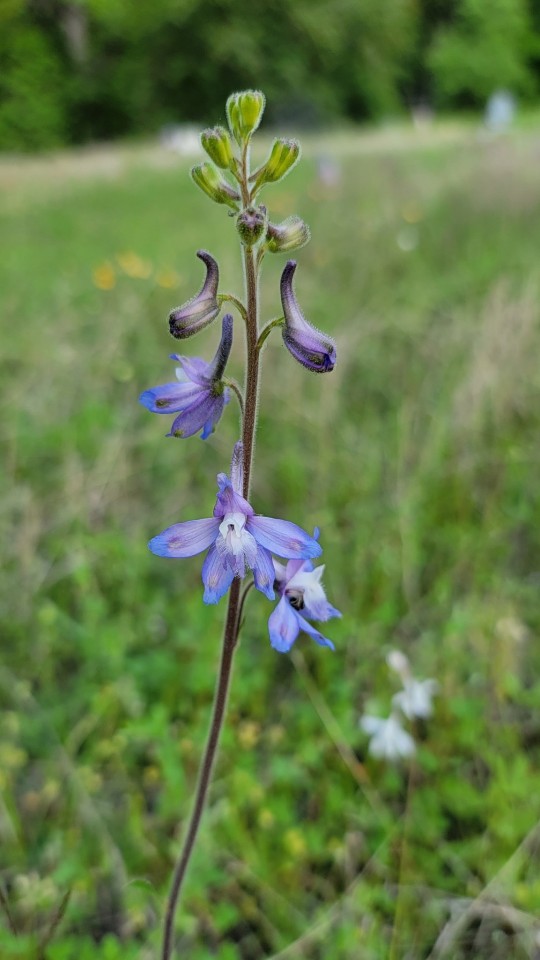

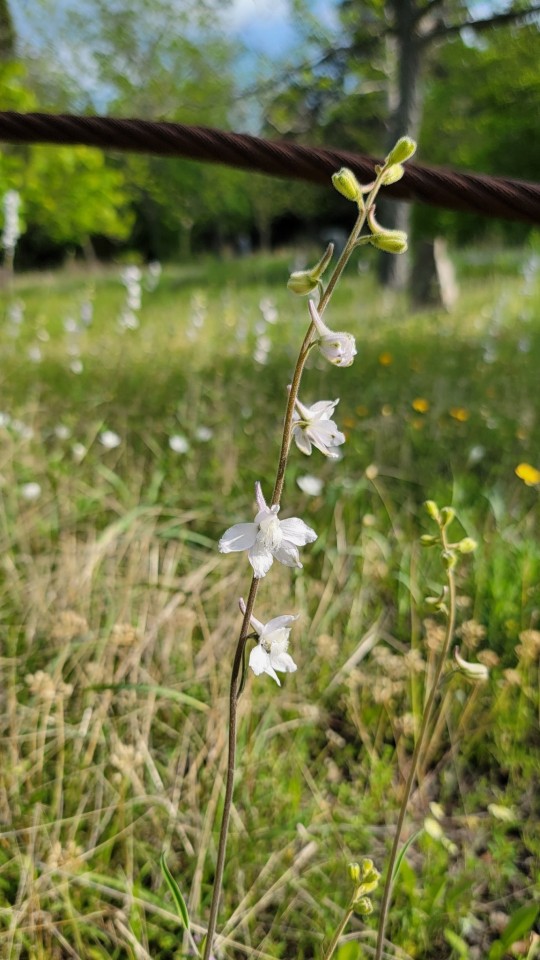
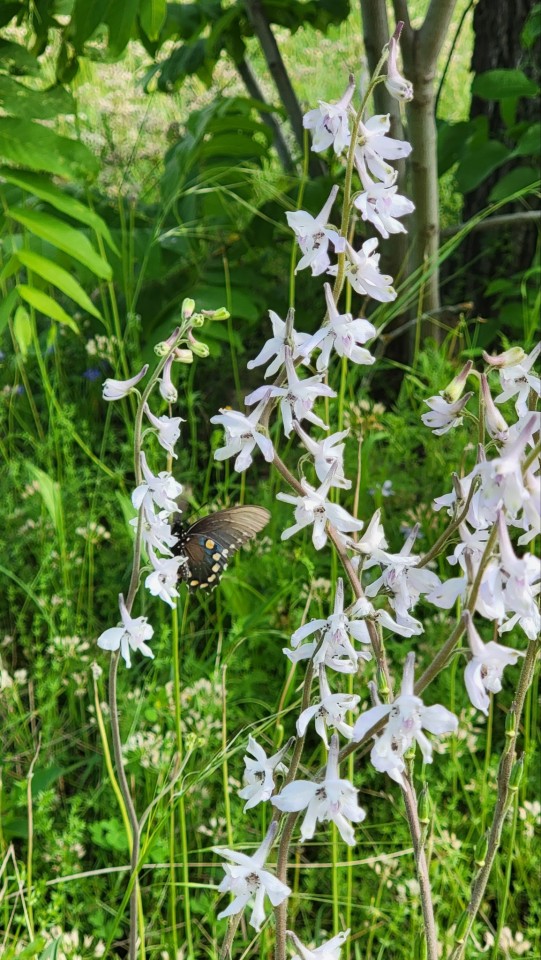

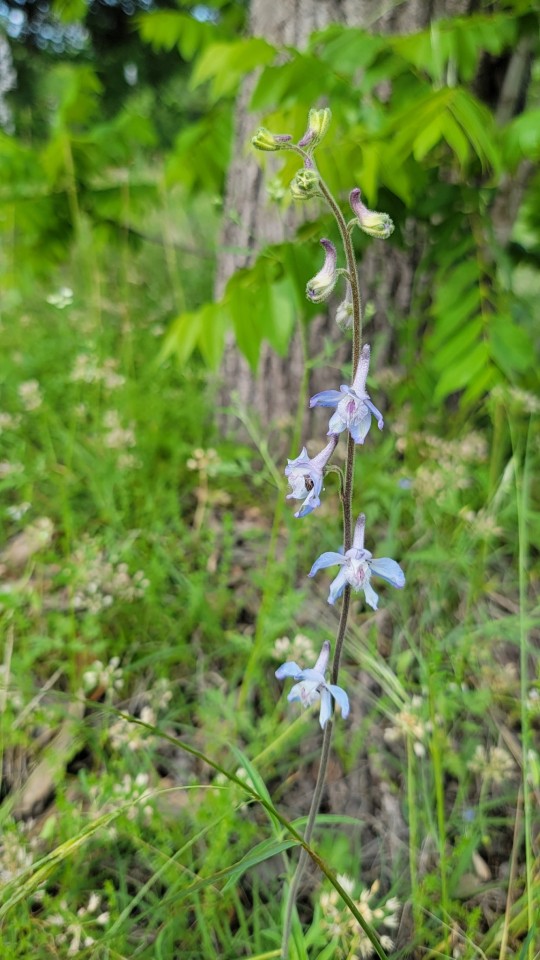
Prairie larkspur (Delphinium carolinianum).
27 notes
·
View notes
Text
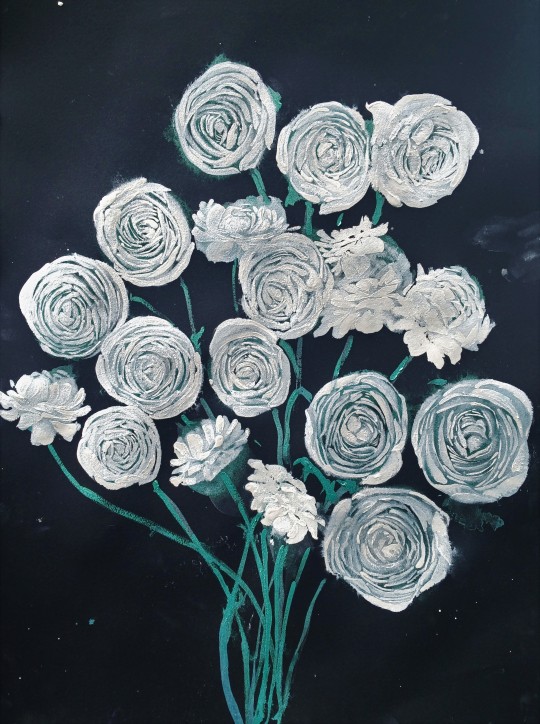
"You Spin Me 'Round" Watercolor on Black Paper 2023, 22"x 30" White Ranunculus
#artists on tumblr#floral#flowers#art#nature#painting#watercolor#plants#artwork#minimalism#ranunculus#ranunculaceae#persian buttercups#white#white flowers#contemporary art#cottagecore#cottagecore aesthetic#flower#botanical#botany#botanical art
62 notes
·
View notes
Text

Anemone hepatica or liverwort of the Ranunculaceae is a species native to woodlands and can be found for e.g. in North America, continental Europe and Japan.
Fan facts about flowers:
-produce pollen but no nectar
-is slightly toxic but drying herbs makes it non-toxic
-in medieval ages it was believed to treat liver diseases
#illustration#daily sketch#artists on tumblr#nature#floral#botanical#original art#sketch#flowers#anemone_hepatica#ranunculaceae
9 notes
·
View notes
Text

Ranunculus ficaria 'Coppernob' / 'Coppernob' Lesser Celandine at the JC Raulston Arboretum at North Carolina State University in Raleigh, NC
#Ranunculus ficaria 'Coppernob'#Ranunculus ficaria#Ranunculus#ranunculaceae#Coppernob lesser Celandine#Dusky maiden#Fig Buttercup#Lesser crowfoot#Pilewort#Plants#Flowers#Nature photography#photography#photographers on tumblr#Jc raulston arboretum#north carolina state university#Ncsu#nc state#Raleigh#Raleigh NC#north carolina#🌺🌻
24 notes
·
View notes
Text

Elleboro fetido (Helleborus foetidus L., Ranunculaceae)
53 notes
·
View notes
Text

this is definitely some kind of hellebore, but I can't really identify the exact species—it is possibly a christmas rose.
despite resembling dog roses in some respects, with rose related names for multiple species, hellebores are part of the ranunculaceae family, a.k.a. the buttercup family.
5 notes
·
View notes
Text
#2616 - Ranunculus lyallii - Mount Cook Lily



Despite the common name, not a lily. It is, in fact, the world's largest buttercup, up to a meter tall, and the only one with peltate leaves. The flowers are white, rather than yellow, and up to 8cm across with 10-20 petals.

Photo by Pseudopanax on Wiki, with Aoraki / Mount Cook in the background
The species was discovered by David Lyall, (1817–1895), a noted Scottish botanist and doctor. His friend, the botanist Sir Joseph Hooker, (1817–1911), noted in his Flora Antarctica:
Among his many important botanical discoveries in this survey was that of the monarch of all buttercups, the gigantic white-flowered Ranunculus lyallii, the only known species with peltate leaves, the 'water-lily' of the New Zealand shepherds.--Joseph Dalton Hooker (1895) 33 Journal of Botany, p. 209.
The species is confined to montane and subalpine herbfield and creek sides in the Southern Alps and on Stewart Island. Vulnerable to introduced browsing mammals, in particular hares, chamois, deer and tahr.
Arthur's Pass, Aotearoa New Zealand
3 notes
·
View notes
Text

Inner sanctum sanctorus sanctiminee cheeree. A ranunculus is as lucky as lucky can bee. No bees were harmed in the making of this picture. There were actually 3 bumblebees in the picture originally and a wasp and we had to clone them all out in photoshop because they all refused to sign a model release form. When you're getting model releases from strangers, make sure they have an opposable thumb so there is at least the possibility of a signature.
#macro photography#flowers of tumblr#ranunculaceae#original photographers#photographers on tumblr#inner life of flowers#flowers on tumblr#ranunculus#macro flower
35 notes
·
View notes